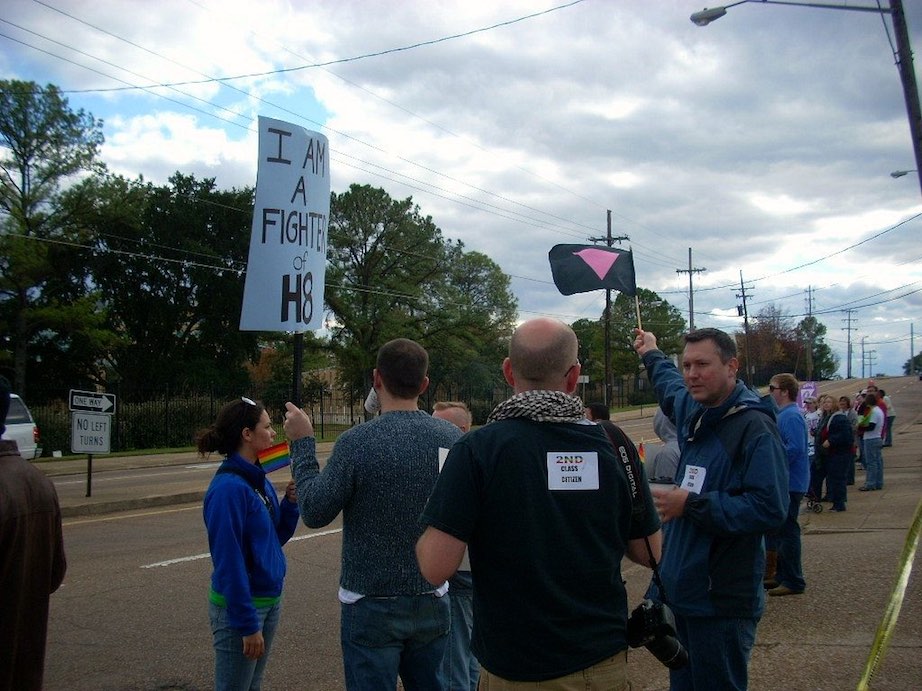Discrimination Isn’t Religious Freedom
Religious freedom is a crucial American value, written into the First Amendment of our Constitution: “Congress shall make no law respecting an establishment of religion, or prohibiting the free exercise thereof.”
In 1990, two Native Americans were fired from a drug rehab center because they used peyote, an illegal drug, in a traditional religious ceremony. The case was taken to the Supreme Court, who decided that allowing them to be exempt from the law because of their religion would open the door to people claiming religious exemptions for anything.
However, that decision was later overridden in many states by the Religious Freedom Restoration Act, which allowed people to override laws due to their religion unless the government has a significant enough reason to enforce the law. This law could be applied very broadly, allowing anyone from anti-vaxxers to people who wear specific clothing to practice their beliefs.
Fast forward to the present day. The LGBT rights movement has finally picked up steam, causing a rapid shift in popular opinion. The Supreme Court has legalized gay marriage. However, many people seemed to be under the perception that this is the only struggle that LGBT people face, completely ignoring issues like homelessness as well as the need for resources for gay and bisexual people of color and transgender individuals. This complacency, among other issues, has led to a backlash by conservative legislators in an attempt to preserve the “religious freedom” of those opposed to gay, bisexual, and transgender rights.
Mississippi is one area where such a law has been passed. The Mississippi bill protects “the belief or conviction that:
- Marriage is or should be recognized as the union of one man and one woman;
- Sexual relations are properly reserved to such a marriage; and
- Male (man) or female (woman) refer to an individual’s immutable biological sex as objectively determined by anatomy and genetics at time of birth.”
First of all, even the most aggressively homophobic people have cause to worry about this law, as it can be used to discriminate against, for example, straight couples who have sex before marriage. If a landlord found out that two people renting an apartment together were having sexual relations, he or she could kick them out.
However, that’s not the true intention of the law. The people it harms the most are LGBT people. This law doesn’t just allow florists to not sell bouquets to gay weddings (though it does do that). It puts gay, bi, and trans people at risk of homelessness by allowing people not to provide them with housing. It even allows parents to “guide, instruct, or raise a child based upon or in a manner consistent with a sincerely held religious belief or moral conviction” that was mentioned above. This would protect parents who want to subject LGBT children to conversion therapy, a cruel practice designed to turn them straight and cis.
Furthermore, similar to a recent bill passed in North Carolina, the Mississippi bill allows schools, businesses, and employers to prevent trans people from using the bathroom that corresponds to their gender identity.
This is very different from the 1990 case. In that incident, the defendants belonged to the Native American Church, a minority religion associated with an oppressed ethnic group, whereas Christians still hold institutional power throughout America. Also, peyote is something that only affects the user, whereas this law is purely protecting the right to put other people in danger.
Mississippi doesn’t even need this bill. It already has a Religious Freedom Restoration Act, passed in 2014, and it doesn’t have any protections for gender identity or sexual orientation discrimination. This bill is unnecessary, and it doesn’t protect anyone’s religious freedom.







